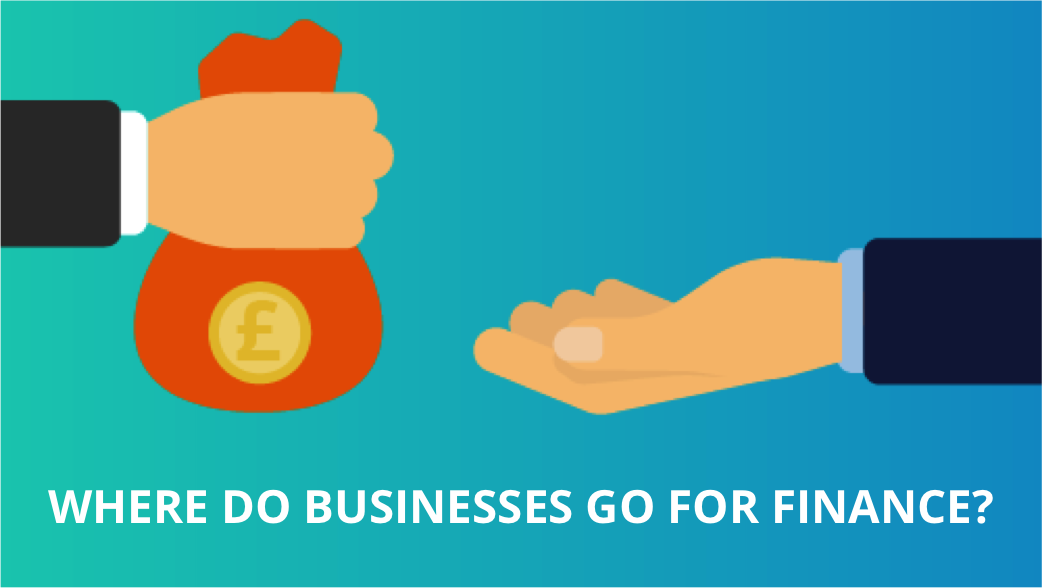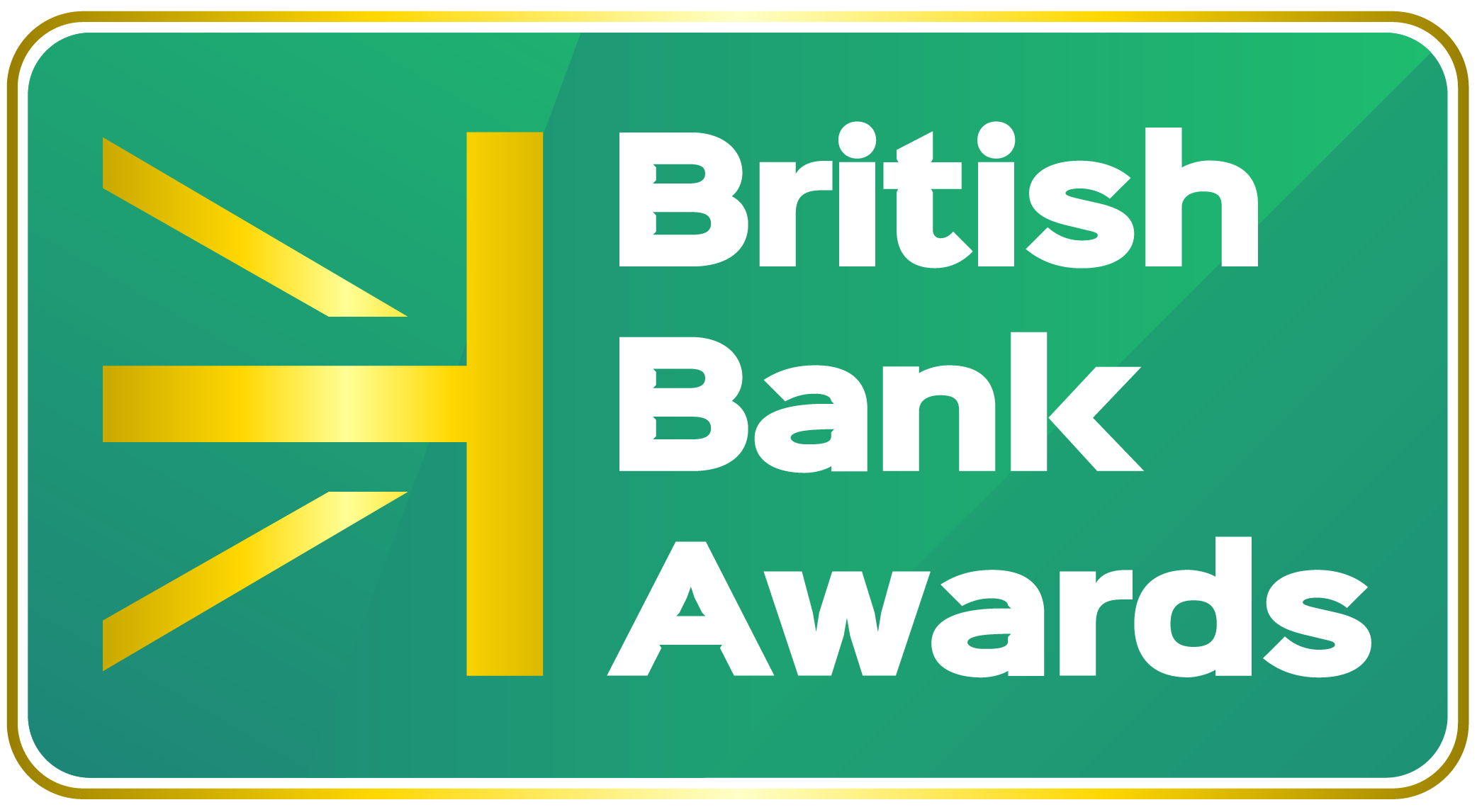Your read progress
Where do businesses go for finance?
4 minute read
Updated 17th September 2025 | Published 8th December 2017

At some point or another, almost every business will need an injection of capital to help it grow, or indeed to just keep the lights on.
And although businesses make use of business bank accounts and the overdraft facilities provided by major high street banks, it’s certainly not uncommon to hear businesses complain about their banks’ reluctance to lend them funds. Against this backdrop, many businesses have come to rely on other financial firms, particularly when it comes to providing access to business finance.
As a quick aside, some businesses choose to sell equity to raise funds, be it through private deals (think Dragons Den), equity crowdfunding platforms (like Seedrs or Crowdcube) or even by listing shares publicly, but this post focuses on debt financing as opposed to equity financing.
Some business finance providers offer business loans, some offer invoice finance, and some offer merchant cash advances. We’ll look at all three forms of business finance and highlight some of the leading providers. It’s worth noting that each of the business finance providers mentioned in this article will have their own eligibility criteria (typically focused on the turnover and age of the business). But other factors that have nothing to do with your individual business may also impact the decision on whether to accept or reject your business finance application. For example, if a firm has overshot their lending targets for the quarter, they may take a more conservative approach to your application.
And with the British Bank Awards in full swing, what we really want to know is which business finance firm will take home ‘Best Business Finance Provider’ 2018? Why not help us decide by voting today!

Business Loans
A classic business loan is probably the most vanilla type of business finance product available. At the basic level, providers of business loans will lend you a sum of money to be repaid over an agreed period (typically months or years) with an agreed and fixed rate of interest paid alongside the sum lent.
Business loans are typically unsecured, however, it is certainly not uncommon for directors or shareholders to be asked for a personal guarantee. Some business loan providers will also insist on other fees like arrangement fees, so it’s worth asking about these additional fees when comparing APRs across different business loan providers.
Firms like Boost Capital, iwoca, Funding Circle, Spotcap and Fleximize all offer business loans and are focused on firms with some trading history, so if you’re considering a business loan to fund a new business, a specialist start-up loan provider should be your first port of call.
Invoice Financing
Invoice financing is available to a range of firms (with extensive or limited trading history) as a lender is more concerned with the creditworthiness of your customer. There are two main types of invoice finance: invoice factoring and invoice discounting.
Invoice factoring involves effectively selling your invoice to your business finance provider. They will pay you the value (minus an agreed fee) and assume responsibility for chasing the payment. Invoice discounting can provide up to 90% of the value of your invoice upfront, and your business will remain in control of chasing payment.
Firms like Bibby, Close Brothers, Ashley Finance, MarketInvoice and GapCap all provide invoice finance products to a range of businesses.
Merchant Cash Advances
Probably the least commonly known of all three types of business finance profiled here, merchant cash advances have grown in popularity in recent years, and in the UK the field is led by firms like Liberis and Capify.
The premise here is actually quite simple. If your business takes card payments (think a restaurant or even a retail shop) a merchant cash advance (sometimes referred to as a cash advance) could provide you with the funding you require. In return you’d pay back an agreed percentage of your card payments until the advance has been paid back.
One of the key selling points of a merchant cash advance is that your loan is effectively only repaid when you make sales. If you have a slow day of sales, you’ll simply pay less back. In the words of Liberis, “if the cash advance takes longer to pay off, the originally agreed repayment cost remains the same. No penalties or fees are added, because there’s no such thing as late payment. A business cash advance is there to boost capital when you need it most.”
Written by Smart Money People Team
As Featured By
Join our mission
We use the power of consumer reviews to help increase trust and transparency in financial services and to deliver industry leading insight and events.
Write a reviewExplore our other topics

News: Awards

News: Industry news

News: Smart Money People news

Guides: Smart money guides

Guides: Smart money tips

Guides: Business guides

Blogs: Money choices

